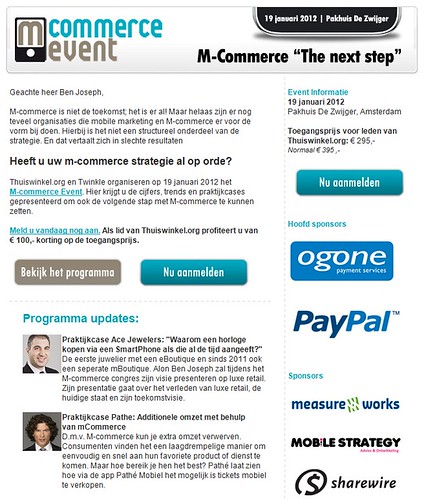As you know I created this blog to share things that interest me and fascinate me... Today I want to share the exhibit of my dear friend and (art) mentor Rob Wagschal:
DIALOGUE
Works by Tim Donoghue and Rob Wagschal
Galerie Passère
8, rue Passère
04300 Forcalquier
France
July 4-25, 2012
(Vernissage: July 6 at 5:00 p.m.)

"Two friends who first met in Forcalquier and whose work has been richly influenced by Provence will exhibit together for three weeks in July at the Galerie Passère in Forcalquier. In a sense, both have found a second career as artists thanks to their experiences in the region. Formally as well as thematically, Rob Wagschal’s assemblages and Tim Donoghue’s collages can be seen as an aesthetic dialogue that evokes some of the central issues of modernism.
The Irish-American actor Tim Donoghue bought a vacation home in Dauphin in 1990 and settled permanently in Forcalquier in 2005. “It’s been very inspiring to live in a community with so many artists, to get to know them and their ateliers and to find my own way here.” Donoghue had studied to be a ceramicist before embarking on a career as an actor, so in a sense he has simply returned to his own aesthetic roots. “After 35 years in the theater,” he says, “I found myself moving from words to pictures.”
The Dutch businessman Rob Wagschal discovered the “Pays de Forcalquier” with his American wife in 1997. “We immediately knew that this gorgeous part of Provence was our destiny. The gentle drama and the richness of nature, the smells and colors and tastes have all become an integral part of my life.” As an undergraduate at Brandeis University, Wagschal had studied both art history and studio arts, and he began to produce work again some twenty years ago. But it was the life in Provence that strengthened his resolve to terminate his business career seven years ago in order to devote himself entirely to the arts.
Wagschal’s assemblages often incorporate objets trouvés or flea-market discoveries that reflect his Provencal experiences. Not only objects like discarded windowframes but also old letters and waybills in the flowing script of another era find their way into his works. Though abstract elements may play a role here, the Dutch artist is essentially a realist who celebrates the poetry of the commonplace. Often the juxtaposition of elements suggests fragments of narration, even a certain theatricality.
Donoghue, on the other hand, creates abstract compositions rooted in the Provencal landscape through their use of color. He also recalls the impact of an earlier visit to “Vallis clausa,” the reconstructed 15th century paper mill at Fontaine-de-Vaucluse. Fascinated by the various tints and textures of the material itself, he later began to color his own paper, which is torn into strips and assembled into collages or even formed into translucent papier-mâché objects. While early works were often rendered in intense primary colors, today natural shades of ochre, vegetation, soil and stone lend the compositions their harmonious palette.
Though collage and assemblage both have ancient histories, their first use in the fine arts is usually identified with Pablo Picasso’s Nature morte à la chaise cannée¾a painting in which he incorporated a piece of printed oilcloth and a length of rope. He thereby proclaimed a revolution against painterly conventions, propagating instead an art of inclusion in which the everyday and the commonplace could also play a role. Picasso’s work, which exerted profound influence on the Dadaists and Surrealists, is dated 1912. With “Dialogue,” Rob Wagschal and Tim Donoghue make their own homage to the centenary of that milestone of modernism.
David Galloway"



